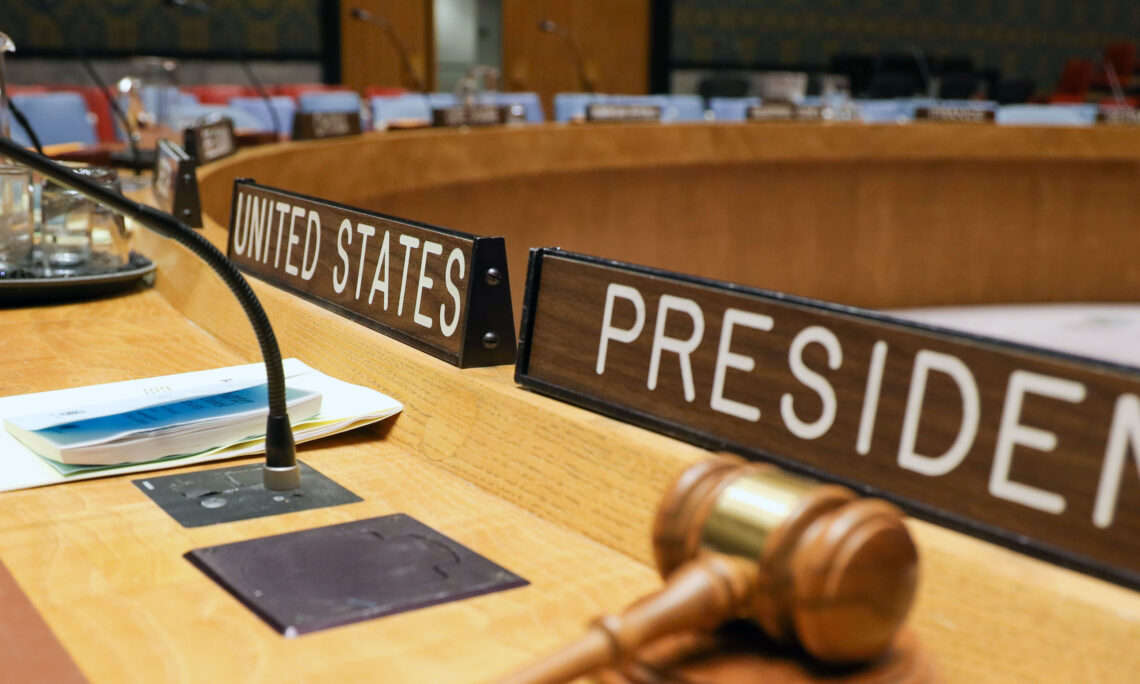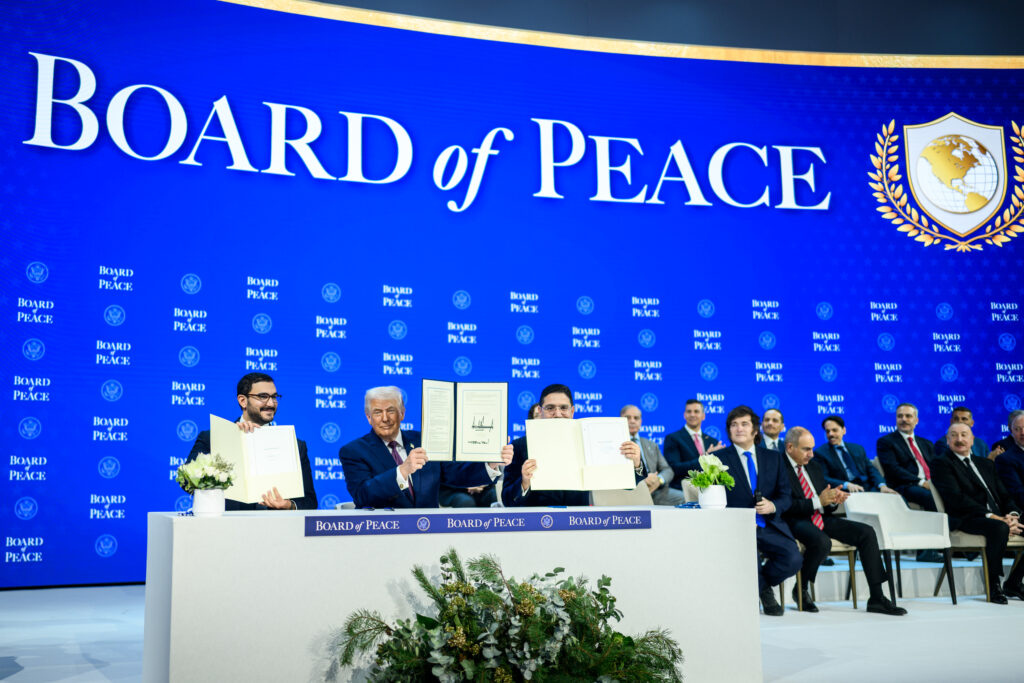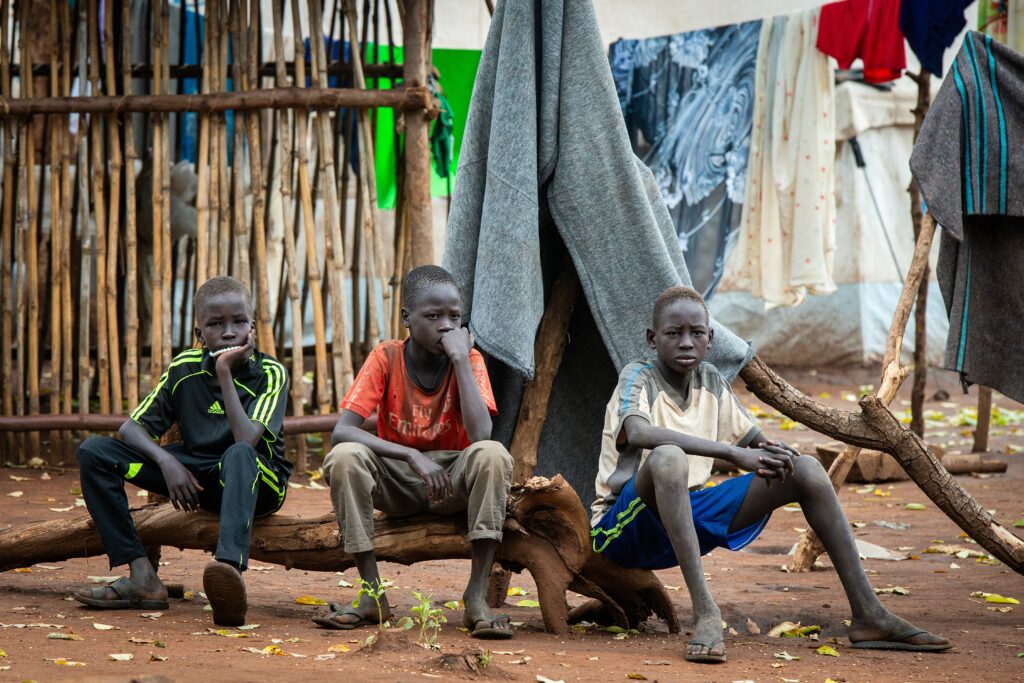The 193 Members States of the United Nations completed their negotiations on the “scales of assessment,” determining how much each country contributes financially to the UN regular and peacekeeping budgets. These rates are reassessed every three years.
For the regular budget, each country’s contribution is derived from a formula intended to represent a country’s “capacity to pay,” primarily based on gross national income. The peacekeeping budget is also determined by the formula, but includes additional adjustments, such as whether a state chooses to contribute troops to UN peacekeeping missions. As the world’s most prosperous nation, the U.S. is the largest contributor to the UN.
In the negotiations, the U.S. was able to maintain a ceiling of 22% on the regular budget, meaning the U.S. remains the only developed country in the world that has a cap on its payments to the UN regular budget.
For peacekeeping, the U.S. will now pay 26.15% percent of all UN peacekeeping costs instead of the current 27%. Assuming the current 2024-2025 peacekeeping budget of $5.9 billion, decreasing the U.S. contribution rate would result in a cost savings of roughly $47 million for American taxpayers each year.
Assuming the current 2024-2025 peacekeeping budget of $5.9 billion, decreasing the U.S. contribution rate would result in a cost savings of roughly $47 million for American taxpayers each year.
Of note, China’s peacekeeping rate now stands at 23.78% (up from 18.68% in 2022-2024 and 15.21% in 2019-2021). For the current peacekeeping budget, this adjustment will see China paying an additional $290 million every year to the UN.
This continues a positive trend where other countries, namely China, are paying more at the UN and the U.S. is paying less. The notable decrease this year for the U.S. is also a demonstration of the importance of U.S. engagement in the UN. To best advocate for American interests and reform at the UN, we benefit when we are at the table.
To best advocate for U.S. interests and reform at the UN, we benefit when we are at the table.




